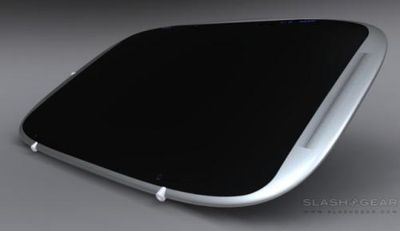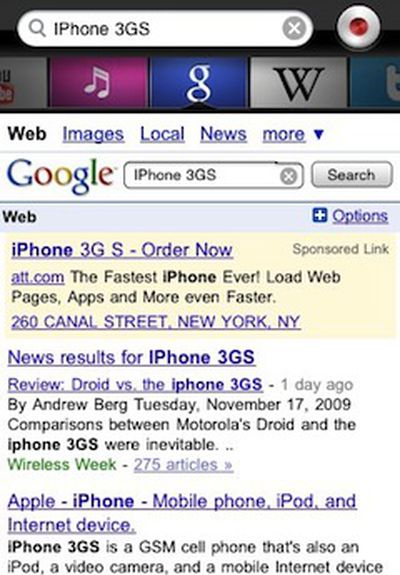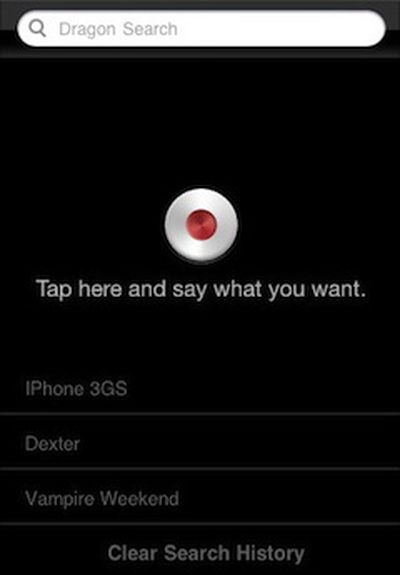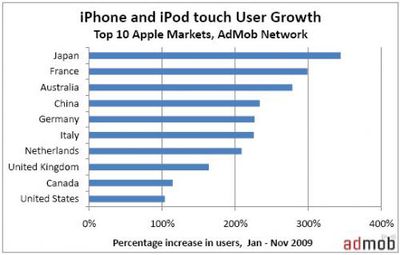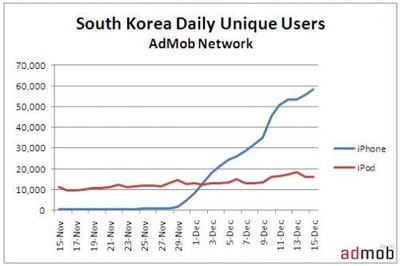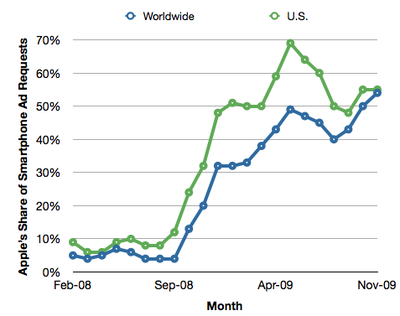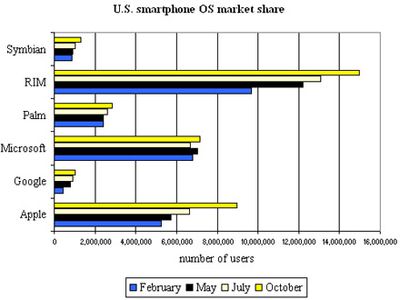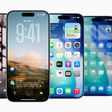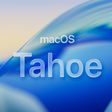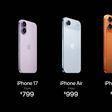In the first of a three-part series on Apple's App Store, the Financial Times reports that the phenomenal success of the iPhone application marketplace has topped even the initial expectations of those within Apple.
Already, the app eruption has superseded all the sober predictions of Apple executives and outside champions like Kleiner Perkins Caufield & Byers, the venture capital firm that created the first investment fund aimed solely at backing iPhone app developers.
"We had no idea there would be 2bn downloads by October," says Kleiner Perkins partner Matt Murphy, manager of the then $100m fund. "Most people within Apple, if you had told them it would be a fifth of that by now, they would have been pretty happy."
Part one of the series primarily serves as an introduction to the App Store, detailing its evolution as an an outgrowth of iTunes, which had already helped remake the music industry and provided an entry point into the larger community of Windows users. Beyond that, the report points to Apple CEO Steve Jobs' ability to negotiate eye-popping iPhone subsidies from wireless carriers and the rights to distribute application content to iPhone users as setting the stage for the Apple's tremendous success in the industry.
He argued that the iPhone was a computer, not a phone, and that consumers expected to be able to do many things with computers.
History had shown that this kind of freedom was what drove the more profitable "ecosystems" of computers - where sales of hardware were dependent on a wide variety of useable software.
The conclusion of the report, however, hints at some of the pitfalls of the App Store set to be discussed in the second installment tomorrow, citing the "gold rush mentality" that has made it increasingly difficult for developers to create hit applications that stand out from the crowd.


